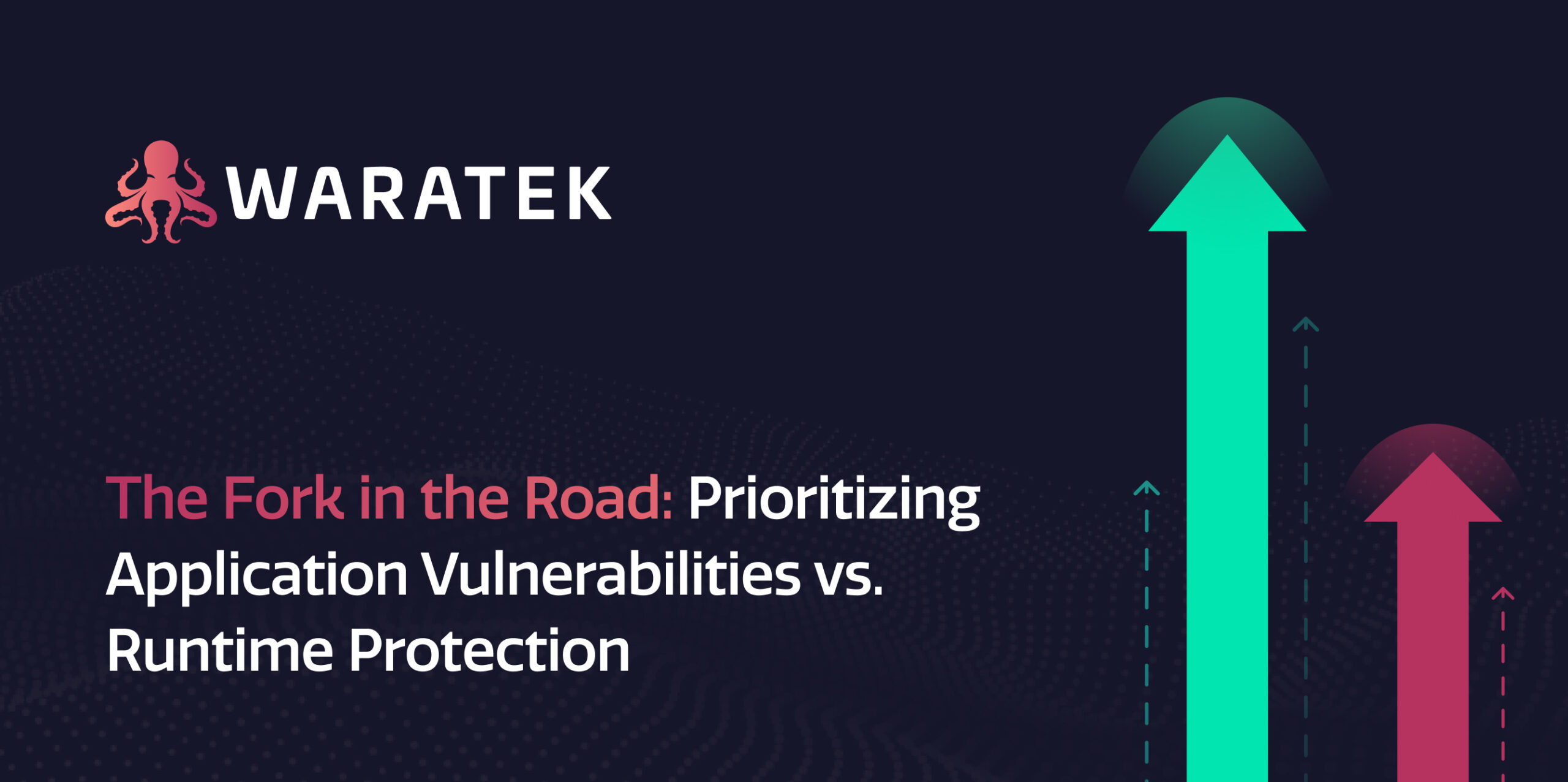In an age of escalating cyber threats, the role of Chief Information Security Officers (CISOs) is more challenging than ever. They’re dealing with a surge in highly organized and targeted cyberattacks, forcing them to rethink their security game plan, especially when it comes to safeguarding applications.
It’s not just about the occasional hack anymore. These days, we’re facing a wave of meticulously orchestrated cyber intrusions that can bring an organization to its knees in an instant. Modern attackers have a knack for exploiting hidden vulnerabilities lurking within the very apps we depend on to run our businesses. This is particularly true for java applications, whose complex bytecode format and numerous connections to open source libraries make them incredibly difficult to secure.
The stakes are high. A data breach can have a double-edged impact. First, there’s the immediate hit—customer trust plummets, financial losses mount, and chaos ensues. Then comes the legal aftermath, with the looming threat of lawsuits and penalties. These consequences are only getting harsher, as evidenced most recently by the FTC’s Recent Safeguards Rule Amendment.
In this landscape, safeguarding applications is the name of the game. Every corner of those complex Java applications must be secure to ward off potential threats. In order to keep up with evolving threats and regulations, security teams need better tools to streamline their protection process and ensure gaps do not open up.
The FTC’s New Rules
It’s not just the hackers that CISOs need to watch out for. Regulatory bodies are stepping up their game too. The Federal Trade Commission (FTC) recently tweaked the Safeguards Rule under the Gramm-Leach-Bliley Act (GLBA).
This tweak brings a whole new ballgame for non-bank financial institutions under the FTC’s jurisdiction. On October 27th, the Federal Trade Commission (FTC) greenlit a significant alteration to the Safeguards Rule, a federal regulation enacted under the Gramm-Leach-Bliley Act. This amendment mandates non-bank financial institutions under the FTC’s purview to institute and maintain robust security programs to protect customer data.
Additionally, financial institutions must swiftly inform the FTC, no later than 30 days after detecting a security breach affecting at least 500 individuals. The trigger for this notification is the unauthorized acquisition of unencrypted “customer information” without the owner’s consent. The definition of “customer information” includes any record containing nonpublic personal information about a customer, maintained by the financial institution or its affiliates. It’s essential to note that the terms “nonpublic personal information” and “customer” carry nuanced meanings within the Safeguards Rule. This Amendment will take effect on April 27th, 2024.
Better Tools = Better Preparation
Here’s where Waratek’s Java Security Platform comes in. Our platform uses code to manage and automate security tasks at the application layer, shifting the cybersecurity paradigm for CISOs and their teams.
This solution cuts costs by automating repetitive security tasks, minimizing errors, and streamlining resource allocation. This isn’t just about pinching pennies; it’s about empowering organizations to scale and manage security across diverse systems and environments.
But what sets Waratek apart is its immutability. The platform weaves immutable rules into the application’s very fabric during development, making it impervious to known and unknown vulnerabilities, including the notorious Java deserialization attacks.
The icing on the cake is early-stage implementation. These security protocols aren’t tacked on later; they’re integrated from the get-go, making whole classes of Java attacks, including insecure deserialization, virtually inconceivable for the application’s entire lifespan.
In this ever-changing world of cybersecurity and tightening regulations, CISOs need effective tools at their disposal. Waratek’s Java Security Platform isn’t just a tool; it’s a game-changer, ensuring compliance and fortifying applications against relentless cyber threats.
To implement enhanced java security and ensure compliance for your applications today, click here.




